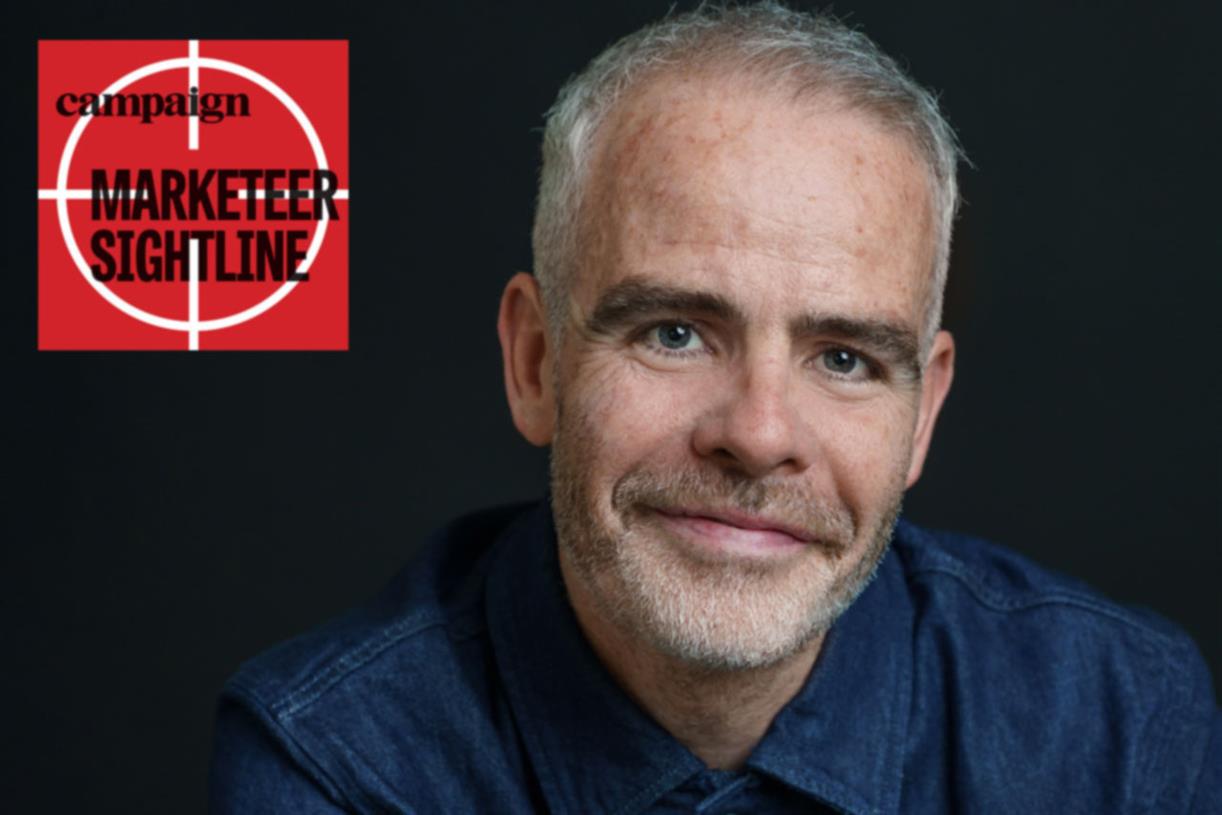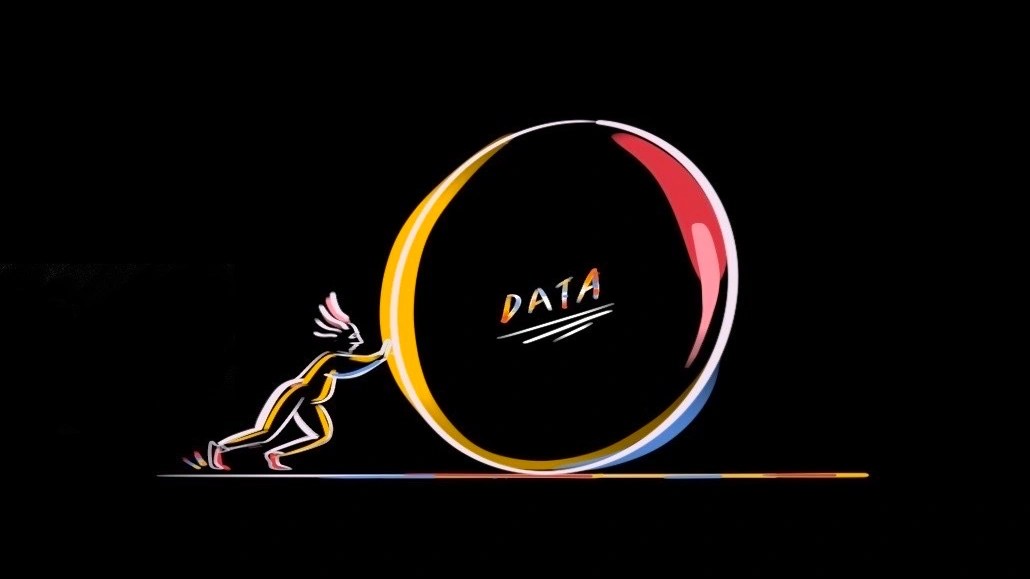THE GHOST LAB
The author of A Libertarian Walks Into a Bear has written another droll account of oddball residents of New Hampshire, the land of living free or dying—and possibly contacting the living from the other side. The subjects of this book are a group of neighbors in Seacoast, on the relatively tiny New Hampshire shore who share an interest in occult phenomena, including ghost hunting, alien abduction, and cryptozoology. This group, however, is a bit different from run-of-the-mill occultists. They’re led by Andy Kitt, who, after hearing “his father’s voice speaking to him from beyond,” becomes obsessed with finding scientific evidence for the truth of paranormal activity. His partners in research include a charismatic, “reluctant medium” of some renown with the colorful name Isabeau Esby and a taciturn survivor of several alleged abductions by aliens, Mike Stevens. Hongoltz-Hetling is largely sympathetic to these eccentric New Englanders, writing about them with a dry and wry sense of humor reminiscent of Mark Twain. He describes one notorious spiritualist trope that the book’s heroes investigate at their Seacoast headquarters: “Table tipping is a bit like government—it can function only with trust.” But under this gentle rib-poking, Hongoltz-Hetling has a serious purpose, namely, to investigate why, in the 21st century, in the wealthiest, most developed country in the history of the world, so many ordinary folk are so utterly lost to science that they devote tremendous energy to readily debunked and debunkable nonsense.


The author of A Libertarian Walks Into a Bear has written another droll account of oddball residents of New Hampshire, the land of living free or dying—and possibly contacting the living from the other side. The subjects of this book are a group of neighbors in Seacoast, on the relatively tiny New Hampshire shore who share an interest in occult phenomena, including ghost hunting, alien abduction, and cryptozoology. This group, however, is a bit different from run-of-the-mill occultists. They’re led by Andy Kitt, who, after hearing “his father’s voice speaking to him from beyond,” becomes obsessed with finding scientific evidence for the truth of paranormal activity. His partners in research include a charismatic, “reluctant medium” of some renown with the colorful name Isabeau Esby and a taciturn survivor of several alleged abductions by aliens, Mike Stevens. Hongoltz-Hetling is largely sympathetic to these eccentric New Englanders, writing about them with a dry and wry sense of humor reminiscent of Mark Twain. He describes one notorious spiritualist trope that the book’s heroes investigate at their Seacoast headquarters: “Table tipping is a bit like government—it can function only with trust.” But under this gentle rib-poking, Hongoltz-Hetling has a serious purpose, namely, to investigate why, in the 21st century, in the wealthiest, most developed country in the history of the world, so many ordinary folk are so utterly lost to science that they devote tremendous energy to readily debunked and debunkable nonsense.















.jpg)



































![The 11 Best Landing Page Builder Software Tools [2025]](https://www.growthmarketingpro.com/wp-content/uploads/2024/04/best-landing-page-software-hero-image-1024x618.png?#)
























































![How to Avoid Penalties with Your TikTok Live-Streams [Infographic]](https://imgproxy.divecdn.com/566gZsFt4kKFaDGISKxhk-z_2TAUZZFnOmj1Q0ynjVw/g:ce/rs:fit:770:435/Z3M6Ly9kaXZlc2l0ZS1zdG9yYWdlL2RpdmVpbWFnZS90aWt0b2tfc3RpbGxfZnJhbWVfY29udGVudF9pbmZvMi5wbmc=.webp)











![Social media image sizes for all networks [May 2025]](https://blog.hootsuite.com/wp-content/uploads/2023/01/Social-Media-Image-Sizes-2023.png)























